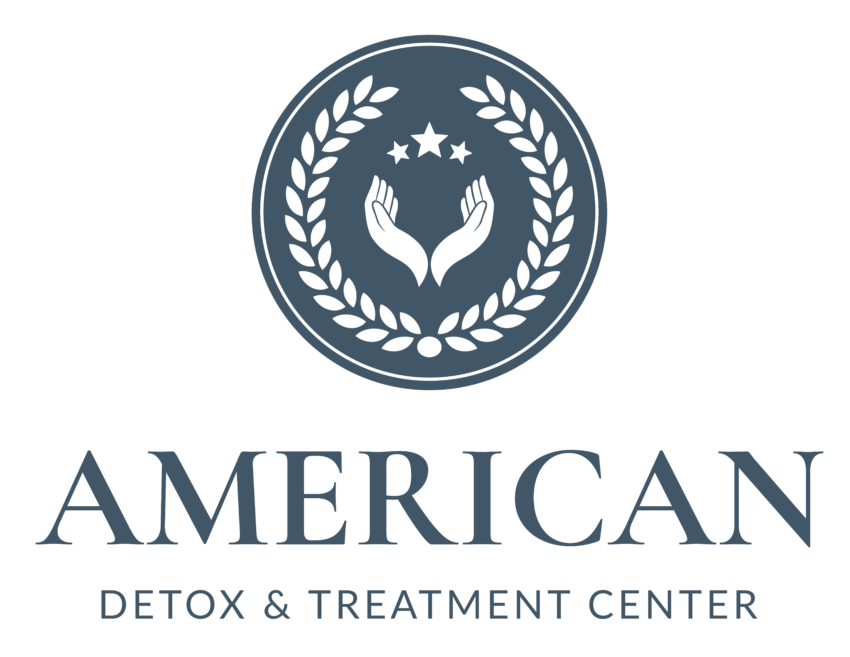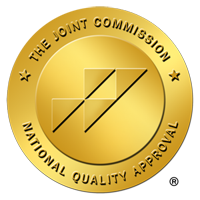If you or someone in your family is struggling with alcohol addiction, the best way to detox from alcohol is to participate in medication-assisted treatment. Alcohol detox brings with it significant risks of health complications and the potential for serious complications and even death. For this reason, finding a reputable detox program that can provide the comfort and resources you need during that time is imperative.
Detox From Alcohol: Detox and Inpatient Care
When you detox from alcohol, the first step is to work with a treatment center that provides medication-assisted treatment, after which you’ll participate in ongoing therapy, which is best achieved with an inpatient program.
Medication-Assisted Treatment
During detox, medication-assisted treatment is used for alcohol use disorder recovery. The medication that is used during this type of detox can help you:
- Reduce the severity of your withdrawals
- Reduce cravings after detox
- Turn your attention toward healthy lifestyle changes
There are currently a handful of medications approved for the treatment of alcohol use disorder, each of which acts slightly differently with different side effects. They do not completely remove your symptoms of withdrawal during the detox process, but they can help control several of them both during and after. Here are several medications that may be used in treatment for alcohol use disorder:
Acamprosate
Acamprosate is a neuromodulator, which means it helps to improve the neurochemical systems that have been otherwise knocked out of balance because of alcohol dependence.
Acamprosate helps to decrease relapses and restore chemical balance in different parts of the brain that are responsible for the exciting feelings caused by drinking.
Potential side effects include:
- Diarrhea
- Weakness
- Sleep problems
- Anxiety
- Depression
- Suicidal thoughts
Disulfiram
Disulfiram was the first medication the FDA approved for alcohol treatment. It is an alcohol-sensitizing agent, which causes acute toxic reactions when mixed with alcohol.
Disulfiram, unlike acamprosate, does not decrease your cravings by doing anything in the brain but instead causes significantly unpleasant effects when alcohol is consumed. This extends to over-the-counter medications and even mouthwashes that contain mild levels of alcohol.
So, rather than getting drunk and experiencing positive things, if you drink alcohol while using disulfiram, you will experience:
- Flushing
- Sweating
- Throbbing headaches
- Problems breathing
- Nausea
- Vomiting
Potential side effects include:
- Sleepiness
- Headache
- Numbness in the extremities
- Confusion
- Excessive reaction if alcohol is consumed
- Yellowing of the eyes or skin
Naltrexone
Naltrexone is an opioid antagonist, and when prescribed for alcohol detox, it binds to the endorphin receptors in the brain, blocking the excitation caused by alcohol.
Naltrexone helps to decrease your relapses while also blocking the positive effects associated with alcohol. Naltrexone also reduces cravings, lasting long enough that someone has several months to learn new, healthy coping mechanisms and lifestyle changes without the effects of alcohol.
Potential side effects include:
- Nausea
- Vomiting
- Headache
- Dizziness
- Nervousness
- Decreased appetite
- Feeling sleepy
Continuing Care
The use of any of these medications requires that you participate in continuing care with FDA-approved therapy. Inpatient rehab offers an opportunity to completely immerse yourself in your recovery after extricating yourself from whatever environment may have caused or contributed to addiction.
The right type of inpatient rehab gives you access to several forms of individual and group therapy alongside your medication, with medication management programs to evaluate the efficacy of what you are taking.
It’s important to remember that taking any of the FDA-approved medications for your alcohol use disorder recovery is not a quick fix to addiction. It takes continuing care, particularly ongoing therapy, to learn how to avoid cravings when you are no longer on medication, how to change your neurochemistry in a positive way, and how to support healthy lifestyle choices.
Detox from Alcohol with American Detox and Treatment
At American Detox and Treatment, our team of professionals can help you determine which of the FDA-approved medications will work best for your recovery goals and your circumstances. Our drug detox center will help you transition through your detox into our inpatient care programs, where you can learn new, healthy coping mechanisms and lifestyle skills to replace those that have led or contributed to alcoholism.
Overall, medication-assisted treatment can support your detox from alcohol. This type of treatment uses FDA-approved medication during your detox and the rest of your ongoing treatment and requires participation in ongoing therapy. Naltrexone works by tempering any positive effects of alcohol. Disulfiram causes acute toxic reactions if you drink alcohol. Acamprosate helps to change the neurochemical imbalance that alcohol abuse causes, improving your brain health. What works best for you is based on an evaluation from medical professionals and your circumstances.
Contact our team today to begin your evaluation and see how we can help you get started.



